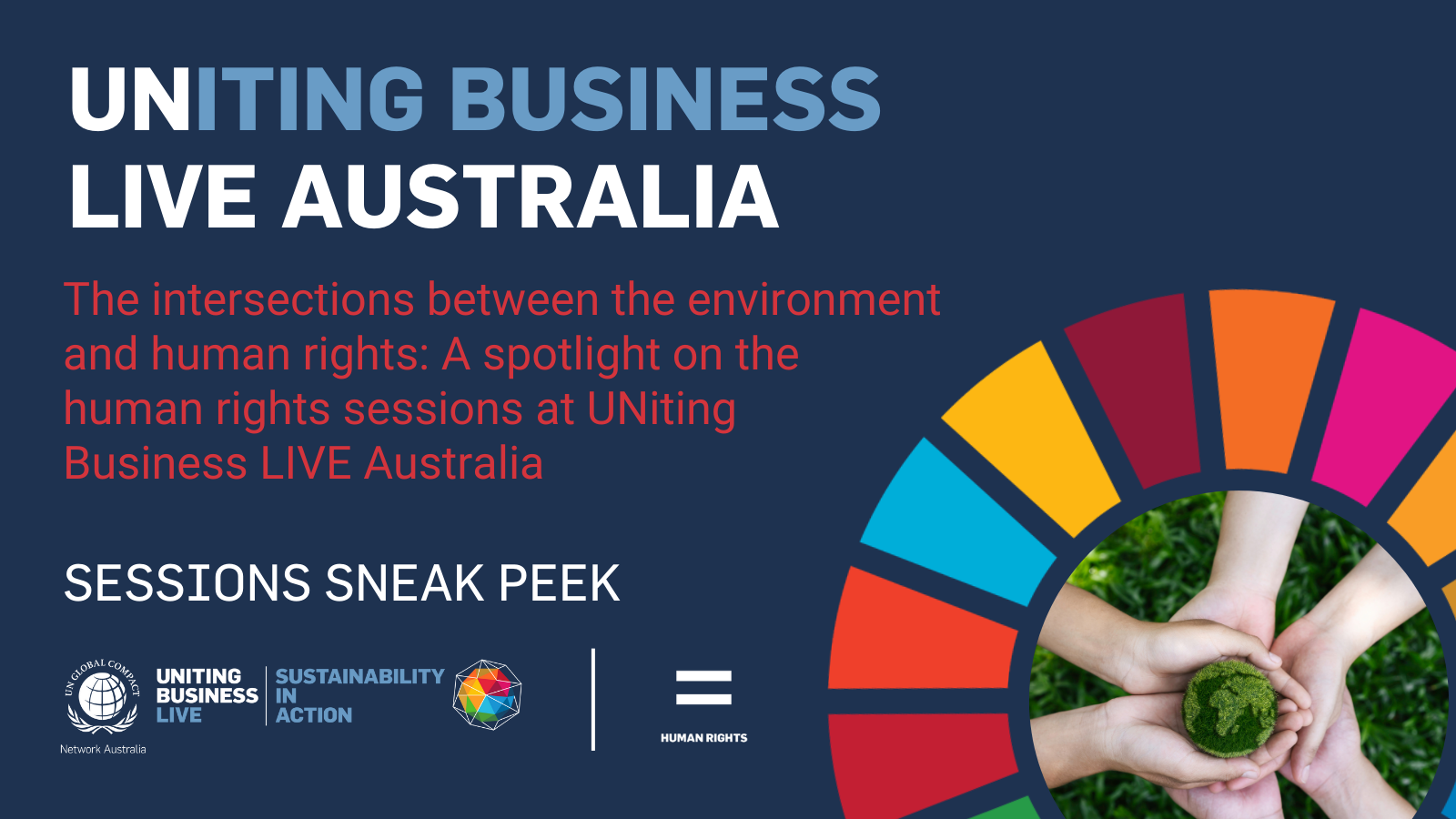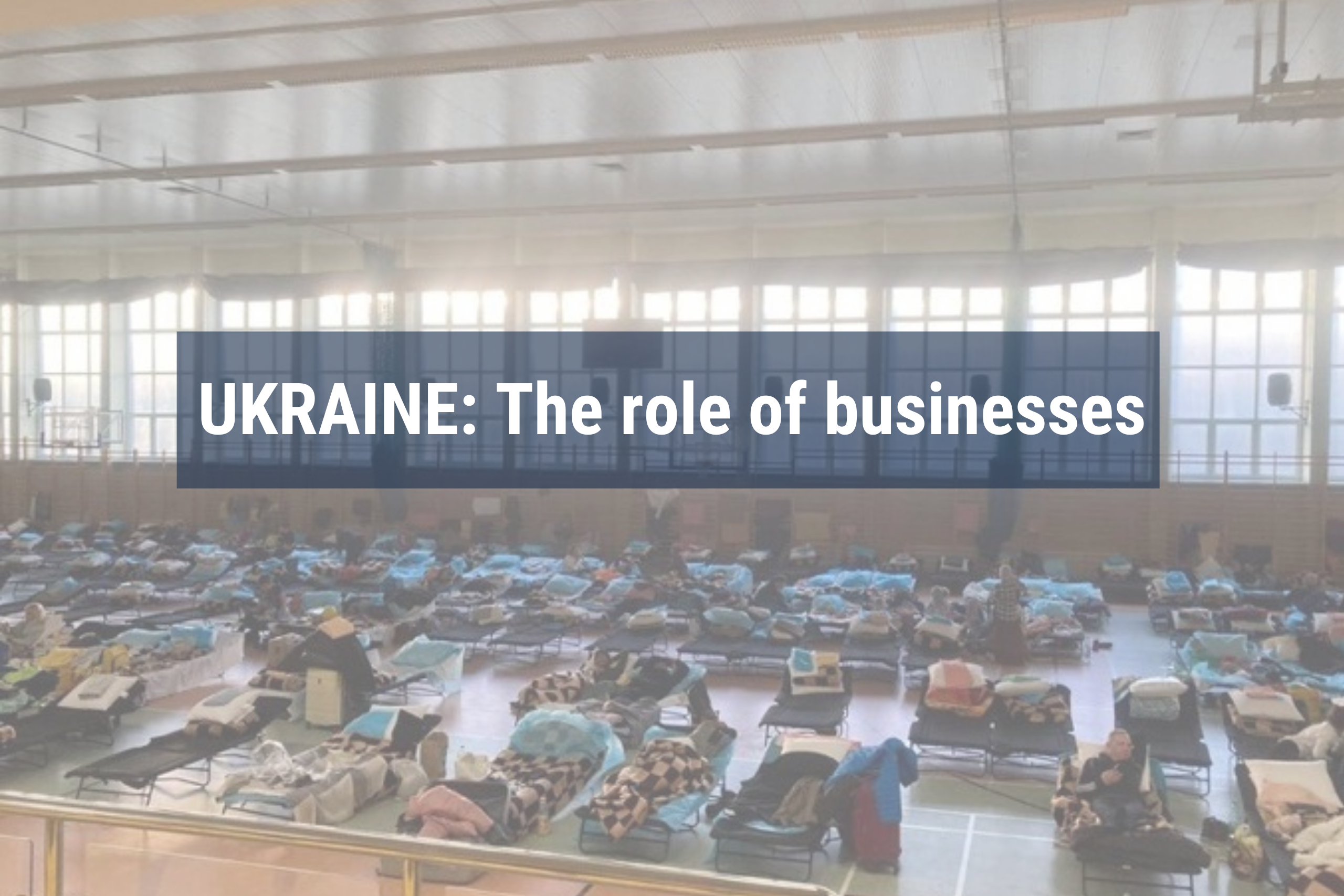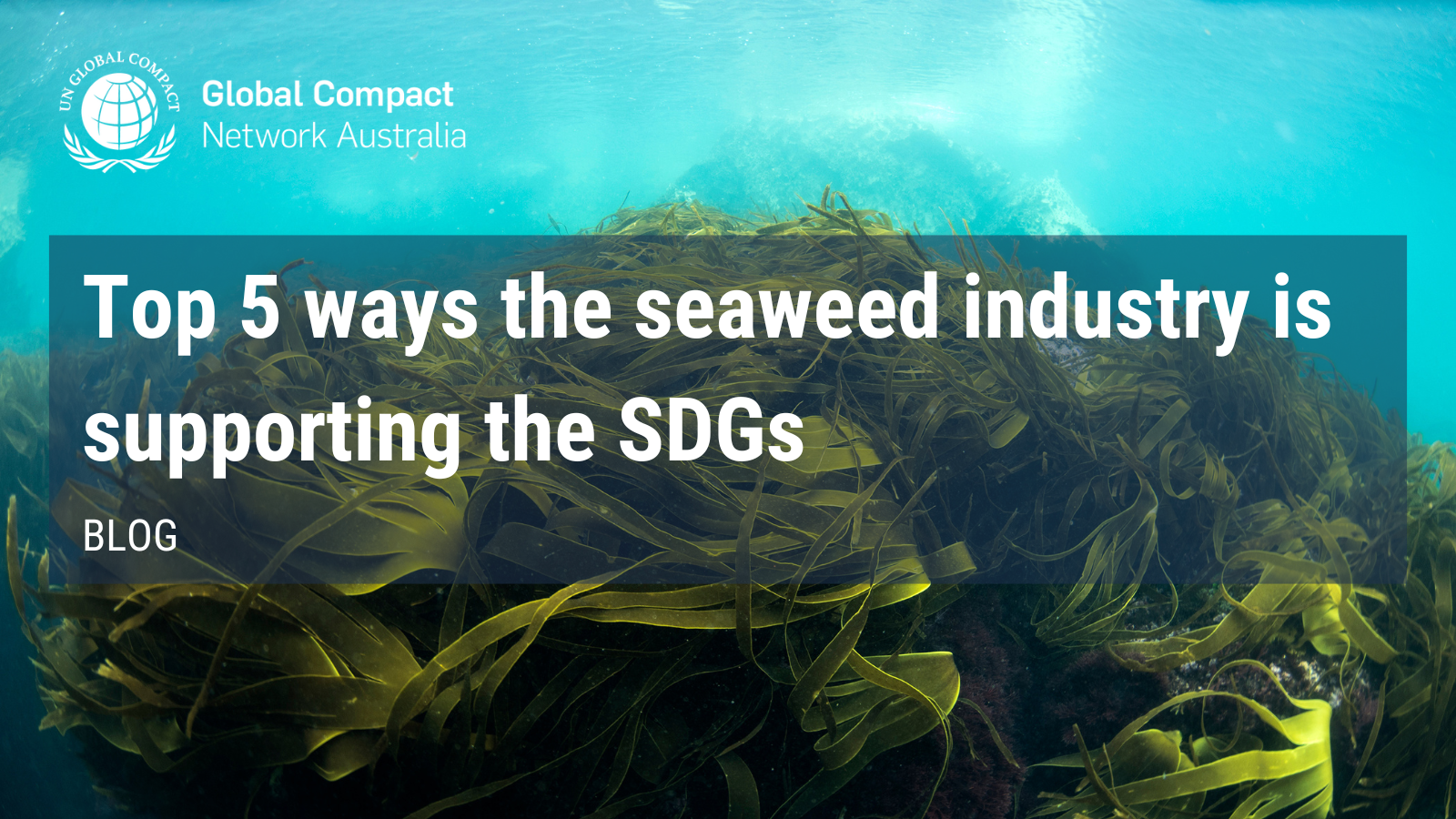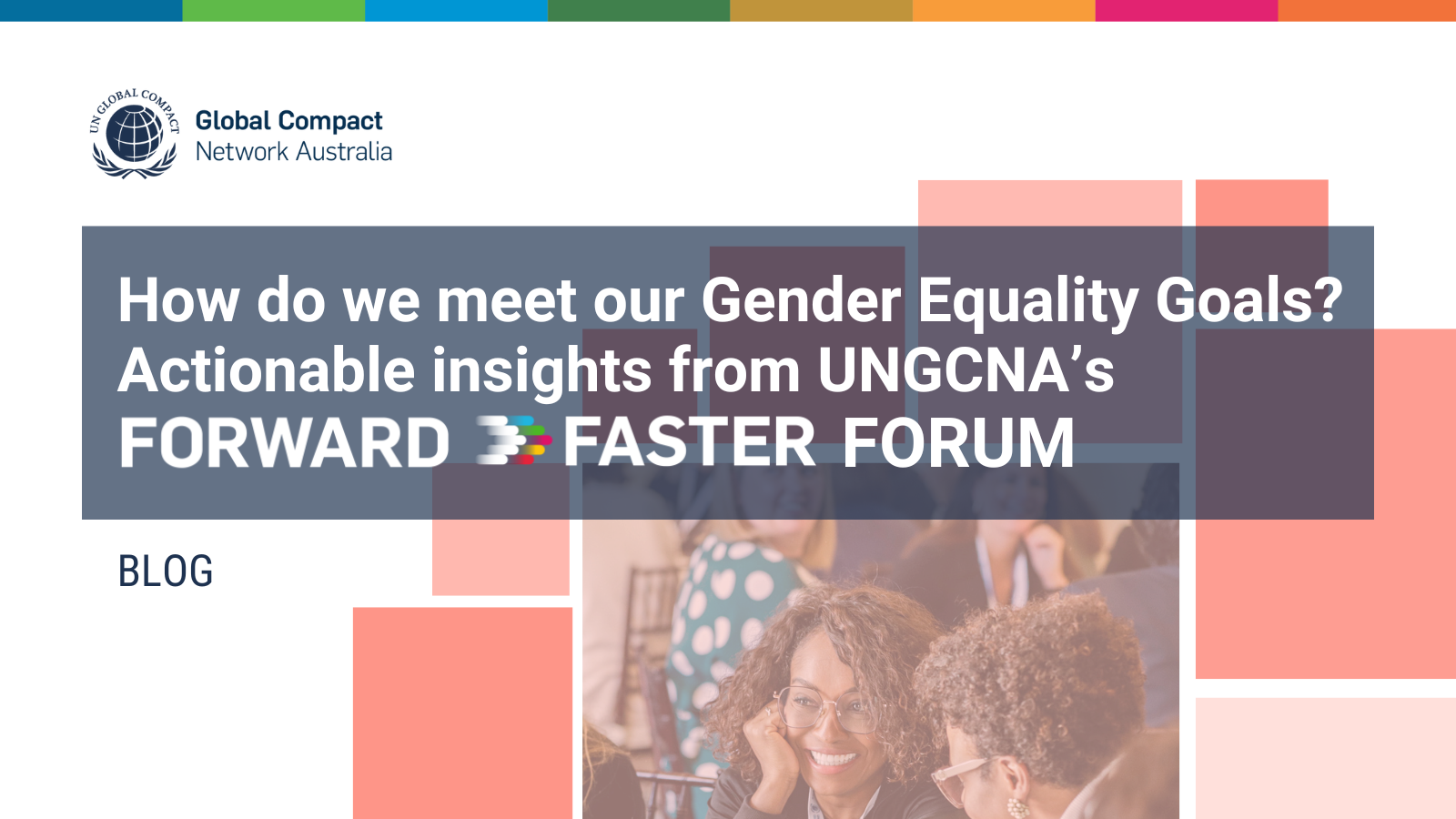
Blogs, Business & Human Rights, Events
BLOG | The intersections between the environment and human rights: A spotlight on the human rights sessions at UNiting Business LIVE Australia
Julia Bourke | September 13, 2024
In this blog, we provide a sneak peek into some of the key business and human rights topics that will be unpacked at our upcoming UNiting Business LIVE Australia Conference.
As businesses continue to operate in an increasingly interconnected way across environmental, social and governance (ESG) issues, we are constantly reminded of the dangers of acting in silos and addressing issues without considering the impacts and interrelations of other spheres of sustainability.
Specifically, the relationship between the environment and human rights has become front of mind for businesses as we endeavour to transition to renewable energy sources and mitigate the impacts of climate change. As the Office of the High Commissioner on Human Rights stated, ‘climate change directly and indirectly interferes with the enjoyment of all human rights, including the rights to life, housing, water and sanitation, food, health, development, security of person and an adequate standard of living.’
For businesses, there are key opportunities to address their environmental impacts in a way that respects human rights and avoids causing or contributing to adverse human rights activities.
Putting traditional knowledge at the centre of business response to environmental protection
There is a key opportunity for Australian businesses to engage, listen and work with Aboriginal and Torres Strait Islander peoples in Australia to integrate traditional knowledge into environmental stewardship approaches.
As home to one of the world’s oldest living cultures, Australia’s First Nations population holds an invaluable resource with deep knowledge of the land and what it responds best to. First Nations peoples lived sustainably amongst Australia for thousands of years, however, the imperative to decarbonise our economy has seen Australian businesses, likely unknowingly, adopting a Eurocentric bias in their approach as a result of a reliance on science and modelling that does not adequately value the traditional knowledge of First Nations peoples.
The subconscious Eurocentric biases often employed by business reveals that there needs to be a recentering on sustainable approaches and educate industries on how they can shift to an Australian focus.
The Environment Protection and Biodiversity Conservation Act 1999 (EPBC Act) emphasises the importance of western science, which diminishes Indigenous knowledge in this area. Specifically, in the Independent Review of the EPBC Act (2020), the authors noted that:
‘The cultural issues are compounded because the Act does not have the mechanisms to require explicit consideration of Indigenous community values and Indigenous knowledge in environmental and heritage management decisions.’
Operationalising human rights and environmental due diligence
As responsible business regulation continues to evolve, various countries have considered mandating that companies undertake a degree of due diligence to enable them to identify and assess their impact on people and on the planet.
Currently, the French Duty of Vigilance Law, the German Supply Chain Due Diligence Law and the Norwegian Transparency Act all mandate a degree of due diligence, which is set to be scaled even further for large companies with the passing of the Corporate Sustainability Due Diligence Directive in Europe.
Commentators have identified that there are process efficiencies to be gained by conducting both human rights and environmental due diligence together, in particular, within the third-party risk management process.
In November 2023, the United Nations Development Programme (UNDP) and the UN Working Group on Business and Human Rights released a consultation exposure draft framework to provide more clarity to the human rights and environmental due diligence process in alignment with the UN Guiding Principles on Business and Human Rights (UNGPs).
Here in Australia, many companies are in the process of refining their internal sustainability data frameworks and supplier engagement processes to support the upcoming mandatory reporting of climate data. Many of these processes involve mapping the supply chain, engaging with suppliers and assisting them in the provision of sustainability related data.
Actions for business and human rights engagement: where to find out more
Prepare to be inspired at UNiting Business LIVE Australia by these highlight sessions focusing on the intersections between the environment and human rights:
1. Placing traditional knowledge at the centre of the business response to protect the environment: Let’s be honest about our Eurocentric bias
A panel discussion exploring how companies engage, listen and work with Aboriginal and Torres Strait Islander peoples in Australia to integrate traditional knowledge into environmental stewardship approaches. Speakers include:
- Professor Deen Sanders OAM, Lead Partner, Deloitte: Integrity
- Dr Terri Janke, Owner, Terri Janke and Company
- Facilitator: Adam Davids, Managing Partner, First Nations Equity Partners
2. Operationalising human rights and environmental due diligence: what works and what doesn’t?
A panel discussion on the process efficiencies gained by conducting both human rights and environmental due diligence together, and questioning whether there are important nuances lost by engaging on both at the same time.
- Estelle Parker, Co-Chief Executive Officer, Responsible Investment Association Australasia (RIAA)
- Facilitator: Alexandra Banks, Partner, EY Australia
Additional speakers to be announced
*Contributors:
- Alana Marinelli, Business and Human Rights Intern, UN Global Compact Network Australia
- Julia Bourke, Senior Coordinator, UN Global Compact Network Australia
UNiting Business LIVE Australia is the defining sustainability event of the year, giving leaders the opportunity to shape the future of business in Australia.
In a watershed moment for corporate accountability, UNiting Business LIVE Australia conference and annual dinner will equip businesses to navigate ongoing socio-environmental and regulatory changes.
This event from the UN Global Compact Network Australia (UNGCNA), the Country Network of the world’s largest corporate sustainability initiative, presents insights from international sustainability leaders to solve the most pressing challenges faced by Australian organisations today.
Let’s create a movement, not just a moment.
Secure your delegate passes today: https://bit.ly/4cuq1AU



